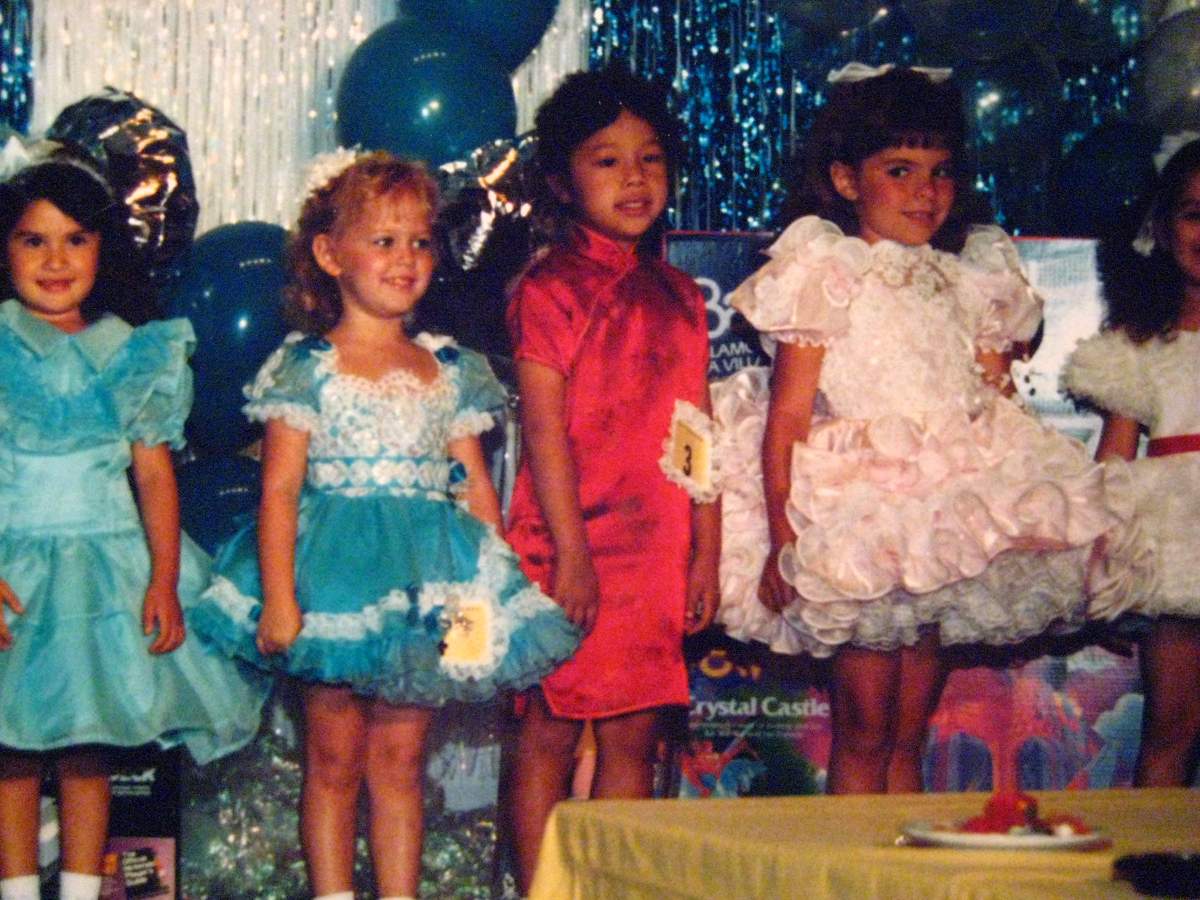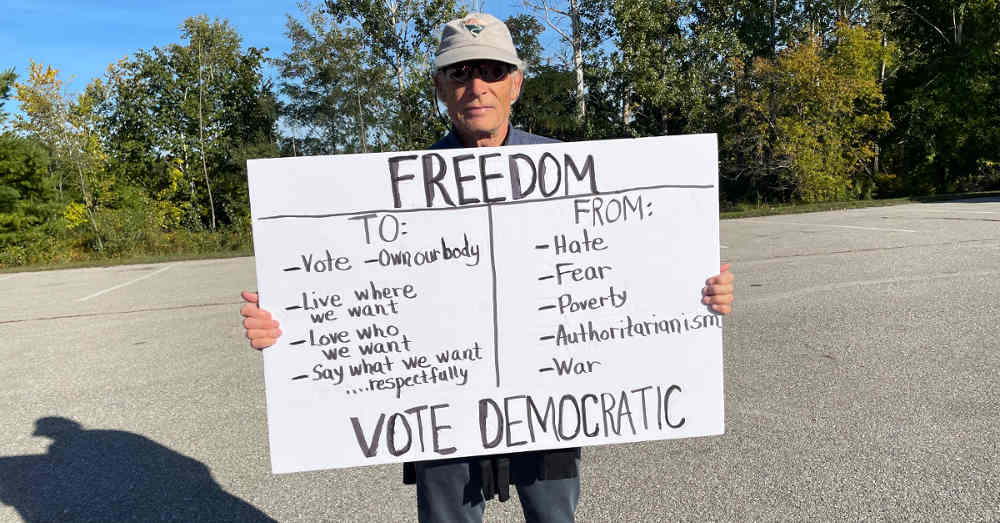“In Hinduism, Shiva is a deity who represents transformation. Through destruction and restoration, Shiva reminds us that endings are beginnings, and that our world is constantly undergoing a cycle of birth, death and rebirth.”

A dear friend of almost 50 years recently shared with me that he was planning to retire soon. I responded, “It will be hard for you to let go of the decision making power you have enjoyed for so many years.” He acknowledged that fact and said, “That’s true, but I also love free time and I’m going to try to handle the remaining transitions in my life with grace.”
His comment prompted me to think about all the beginnings and endings we experience in life and how we deal with them.
It seems to me that most of our beginnings require some grit; and most of our endings could use more grace.
Coincidentally, I was in the middle of The Last Kabbalist of Lisbon, by Richard Zimler, which describes the plight of Jews in Portugal during the 15th Century. During this time, Jews were forced to convert to Christianity under the threat of death. After a short period of time, however, even the “New Christians” (forcibly converted Jews) came under attack and were slaughtered mercilessly. In this captivating book, Zimler offers an interpretation of Genesis 22 in which God orders Abraham to kill his son Isaac at Mount Moriah. The Kabbalist view is that Abraham needed to confront and kill what he was most attached to internally. Isaac was simply a metaphor for that attachment. According to the Kabbalist, God was not instructing Abraham to kill his son for no reason, but was imploring Abraham to end his attachment to the things he cherished most deeply so that he could begin anew—empty of attachments and identifications. I loved that interpretation. It’s the only one I have heard that makes total sense to me.
There are multiple, conflicting, and diverse interpretations, however, of this story.
Many Christians believe that it was all about faith and obedience. You have to be willing to sacrifice your own son if God orders you to do so. Kierkegaard believed that the story was all about relationship, i.e. that Abraham was able to maintain his relationship with his son even after agreeing to sacrifice him. Talk about the challenge of beginning again. Oh, sorry son, I was willing to kill you for no reason but let’s have a great relationship moving forward.
For me, this story puts in stark relief how brutal endings can be and how difficult new beginnings can be.
In order to transition from one phase of life to another, we must be willing to sacrifice our greatest internal attachments whether they are fame, wealth, possessions, power or image.
We have to kill the attachments that hold us back and graciously accept whatever comes next. On a personal note, I tend to be very attached to “doing,” instead of allowing myself to rest, reflect, and relax.
In the Fourth Way, Gurdjieff talks extensively about identification and imagination. Both of these are forms of attachment.

We identify as parents, executives, rebels, Boomers, millennials, Gen X’ers, athletes, intellects, Christians, Jews, Muslims, Buddhists, Republicans, Democrats, Libertarians, Independents, etc.
Those identifications fuel our imaginations about being more than who we are.
Destroying our illusions about ourselves and the world is the work of life.
Our lives consist of a series of arrivals and departures, of destruction and restoration, of endings and beginnings—all of which can be for better or for worse.
Our lives begin when we leave the protected environment of the womb. Those exits are not always as graceful and effortless as we would like. And adapting to our new life in the cold, inconsistent world requires a lot of grit. Ending elementary school means entering middle school. Ending college means beginning a career. Ending a relationship, for whatever reason, usually leads us into new relationships or a new void. Ending a career requires us to find new ways of relating to the world and those around us. Approaching the end of our lives means that we need to think again about who and what have been most important to us. All of these transitions require grit and grace.
We can march through these transitions like good soldiers doing what is necessary to navigate each passage. Or we can give ourselves permission to experience each change with open hearts and fresh eyes. Or we can welcome each transition as a possibility for transformation. An important question to ask is,
“How open am I to welcoming what may be different and new?”
We have choices we can make about how we relate to the joy and trauma of the endings and beginnings in our lives. And, to be clear, not all changes need to end key relationships. For example, you may end a job but maintain relationships with your colleagues for the rest of your life.
For me, grit and grace make the difference between good transitions and bad transitions. As it turns out, I’m not alone with that belief. As is my custom, I always search the internet to see if anyone else has come up with a title similar to what I’m writing about. In this case, I had abundant company. Tim McGraw recently published Grit and Grace: Train the Mind, Train the Body, and Own Your Life. Suzanne Gosselin and Gretta Kennedy wrote Grit and Grace: Devotions for Warrior Moms. Ken Wilber, in 2001, published Grace and Grit: Spirituality and Healing in the Life and Death of Treya Killam Wilber. Dr. Sasha Shillcutt will be publishing Between Grit and Grace: How to be Feminine and Formidable in 2020. And there are many more.
Yup, there’s a lot of material on grit and grace as it applies to multiple dimensions of life. I’m sure there is a lot to learn from all those authors, but I will share my take on how grit and grace apply to transitions.
I use the term grit to describe the hard work entailed in any new beginning.
It is defined in the dictionary as courage and resolve; strength of character. Having grit is staying with the struggle, persevering through the pain, and having the fierce determination and resilience to work through issues. For example, beginning readers need to develop the grit to become fluent.
I think of grace as welcoming positive energy from the Universe.

There are many definitions of grace, but I prefer “to do honor by one’s presence.” I also like “to add dignity, to ennoble, to glorify, and to elevate.” Having grace is accepting what you can’t change, staying present in the moment, and maintaining your dignity through good times and bad.
I have been working for almost 60 years and have been married to the same person for almost 50 years. While my marriage has been fairly steady, we have both had to navigate transitions along the way.
My career, on the other hand, has been one of fairly continuous change.
I’ve worked with over 200 different organizations and had very few periods when my income was predictable. While I’m still very fit and exercise regularly, I have to accept the fact that I can do less and less as each year passes. I can still out-swim, out-walk, and out-bike most people half my age, but the days of triathlon competitions have ended. I would say that I have displayed more grit over the years than grace.
I’ve stayed with the struggle, done the work, and persevered through the pain in most dimensions of my life. I have had a harder time accepting that things don’t always turn out the way I would have wanted and that many good things come to an end.
As I continue to grow older, I hope to accept what I can’t change, stay as present in the moment as I can, and hold onto whatever dignity is possible. I will need a lot of grit to develop the grace of dealing with more endings than beginnings as time takes its toll. In his book, Grace and Grit, Ken Wilber described the outcome of both as “passionate equanimity.” I like that.
I’m hoping all of us will have the grit to kill our attachments, reduce our identification, contain our imaginations, and destroy our illusions.
I’m also hoping we will all have the grace to accept what we can’t change, be as present as possible through thick and thin, and preserve the dignity of as many people as we can.
Shiva had it right. Life has many endings and beginnings—destructions and restorations. As we go through a continuous cycle of birth, death, and rebirth, may we find the grit and grace to see all endings and new beginnings as opportunities to develop a state of passionate equanimity and to welcome transformational possibilities.



